Belgium-based BiocSol, a UCLouvain spin-off focused on sustainable crop protection solutions, has raised €4.4M in its latest round of funding.
The round includes an equity investment from Dutch impact investment cooperative Pymwymic (Put Your Money Where Your Meaning Is Community) and non-dilutive financing from the Walloon Region through the Win4company programme.
Pieter Vis, partner at Pymwymic, says, “Given BiocSol’s strong biosolution pipeline and ability to develop microbial substances for a wide range of diƯerent crops, we believe that it has real potential to make a positive impact on the agricultural sector by providing farmers with alternative crop protection solutions at an aƯordable price.”
“We are proud to be part of a project with such great potential, well-respected co-investors and partners, and, of course, an expert team led by Denis Payen and Simon Caulier.”
This funding follows a €5.2M equity round in November 2024, led by Agri Investment Fund and VIVES Partners.
Helping farmers protect crops sustainably
BiocSol mentions in a statement that emerging fungal and oomycete pathogens threaten global food security by infecting staple and commodity crops, causing 20 to 40 per cent of global annual harvest losses. This is where BiocSol looks to make a difference.
The UCLouvain spin-off startup develops microbial-based biopesticides that offer enhanced stability and efficiency.
Founded in 2023, the company provides sustainable solutions to protect crops like potatoes, vegetables, and grapes from key agricultural challenges such as mildew, empowering farmers with reliable and affordable protection.
Capital utilisation
The funding will support BiocSol’s R&D platform development and help the startup demonstrate global proof of concept for its first two biofungicide products.
Denis Payen, CEO of BiocSol, says, “With this new financing, we are on target with our €10M goal, the amount we need to really fast track our development work. It also demonstrates, once again, that our commitment to providing farmers worldwide with access to sustainable and more eƯective biosolutions is the right one.”
“We are thrilled to welcome Pymwymic as an investor in BiocSol. Its support will accelerate our growth and empower us to integrate impact into our everyday lives, ensuring that our path remains relevant and transformative.”
“Thanks to our new chairman of the board, Pierre Ferrand, and our dedicated team, we now have everything in place to write the next chapter in the BiocSol story.”
Simon Caulier, CTO and founder of BiocSol, adds, “We wish to thank the Walloon Region for supporting our startup from the very beginning. Likewise, we are grateful to the Laboratory of Plant Pathology (SAVE), led by Anne Legrève and Claude Bragard, and the Laboratory of Food and Environmental Microbiology (MIAE), headed up by Jacques Mahillon et Annika Gillis at UCLouvain; all have been instrumental in the creation and successful growth of BiocSol.”
Brief about UCLouvain’s SAVE and MIAE Laboratories
UCLouvain, Belgium’s largest French-speaking university and one of the oldest in Europe, houses the MIAE laboratory, which focuses on two key research areas.
The lab focuses on understanding foodborne and environmental pathogens’ virulence and developing biocontrol strategies against animal and human pathogens using harmless bacteria, antimicrobial molecules, and bacteriophages. These strategies aim to control antibiotic-resistant bacteria within the One Health framework.
UCLouvain SAVE laboratory studies plant-pathogen-environment interactions and works on strategies for sustainable biological control of plant diseases in temperate and tropical regions. It also develops diagnostic tools, characterises biodiversity in pathosystems, and offers expertise through its Plant Clinic.




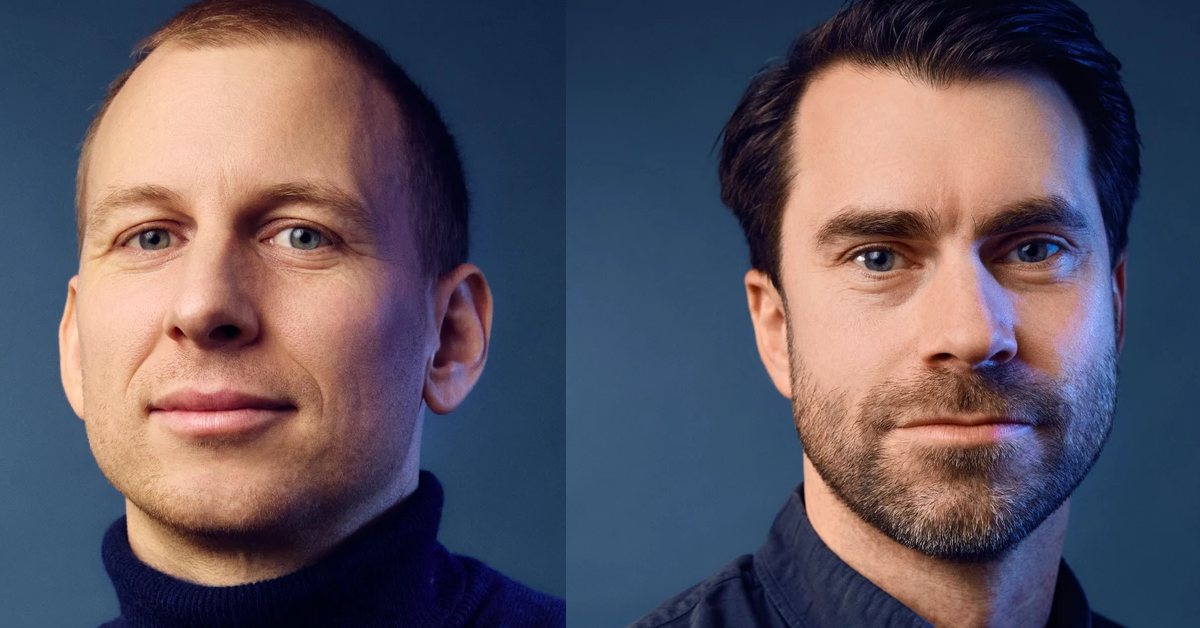
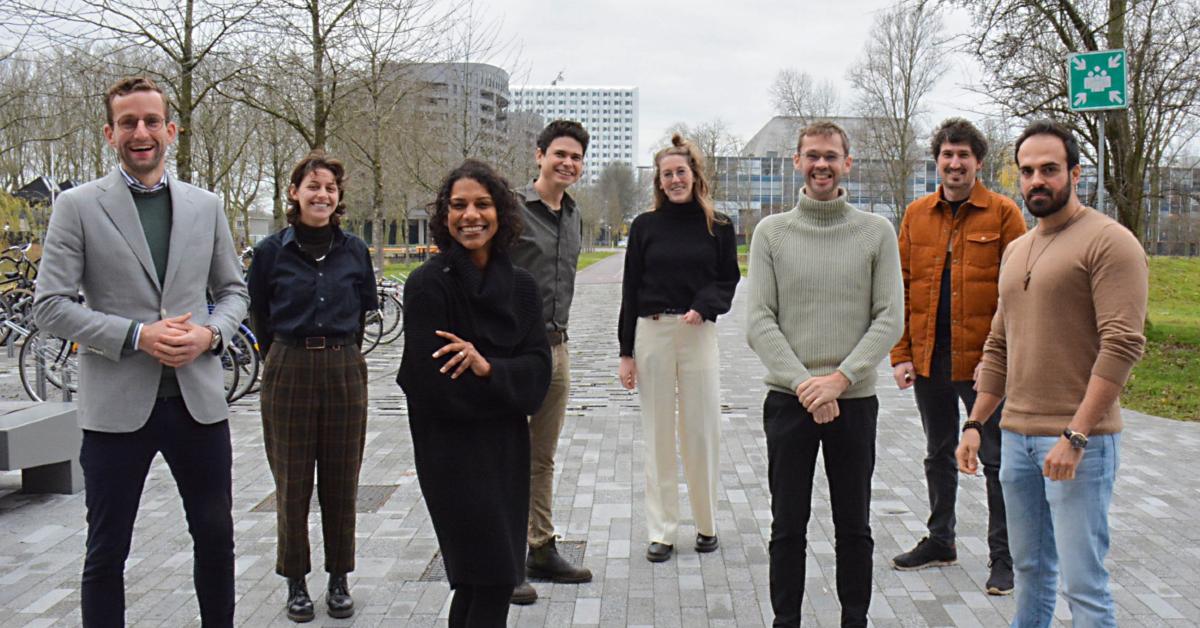
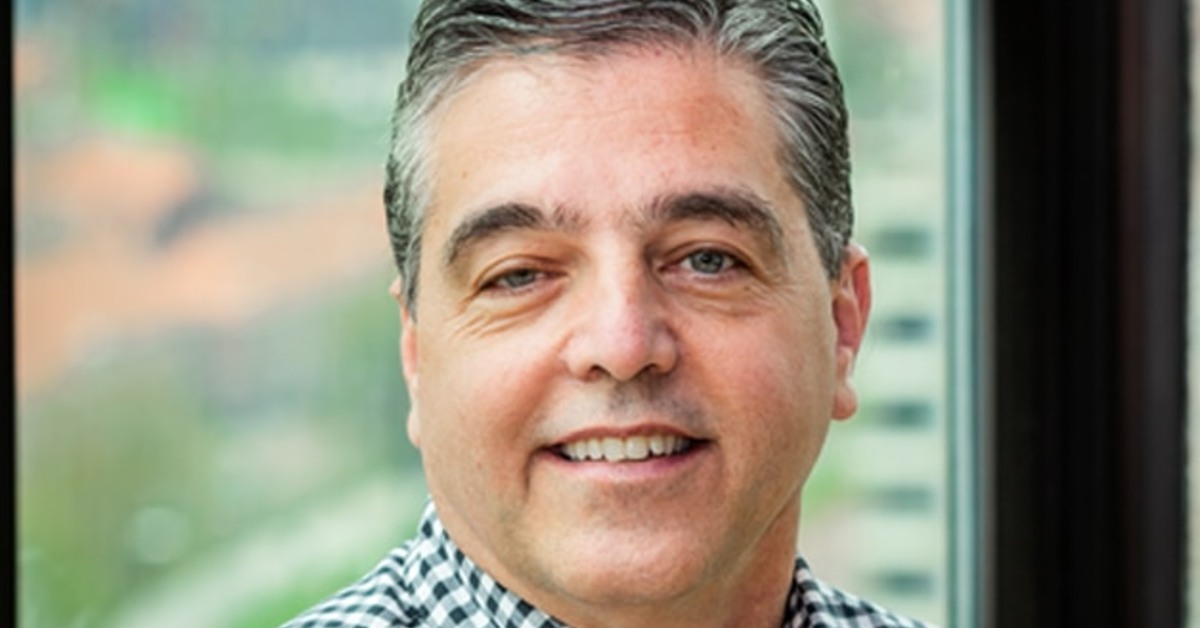
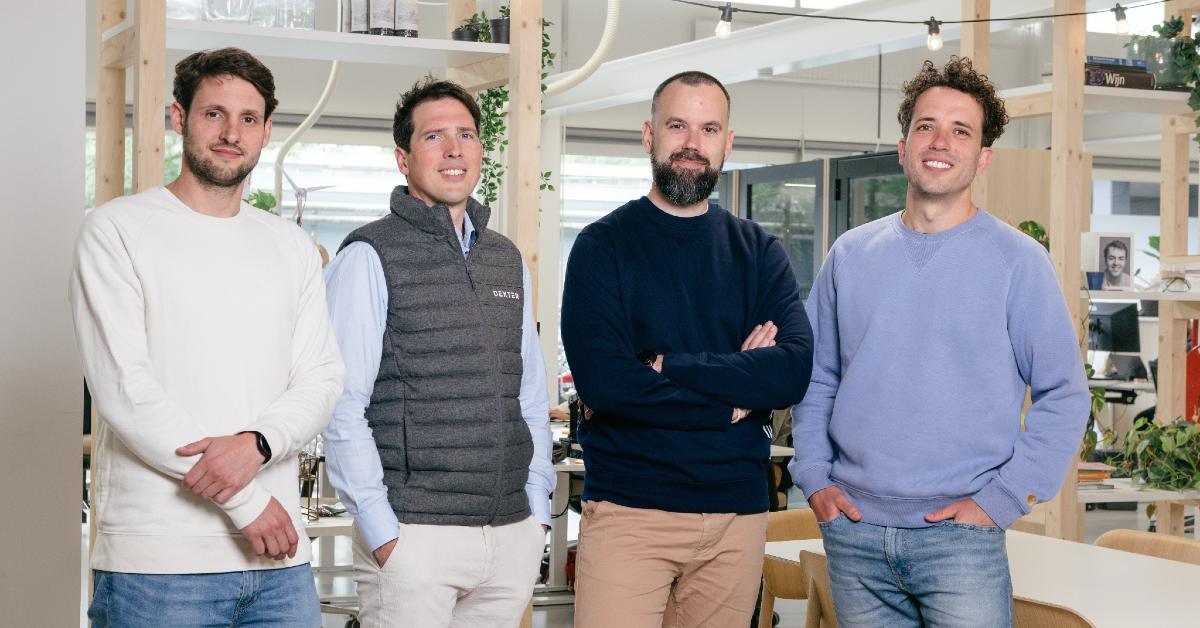
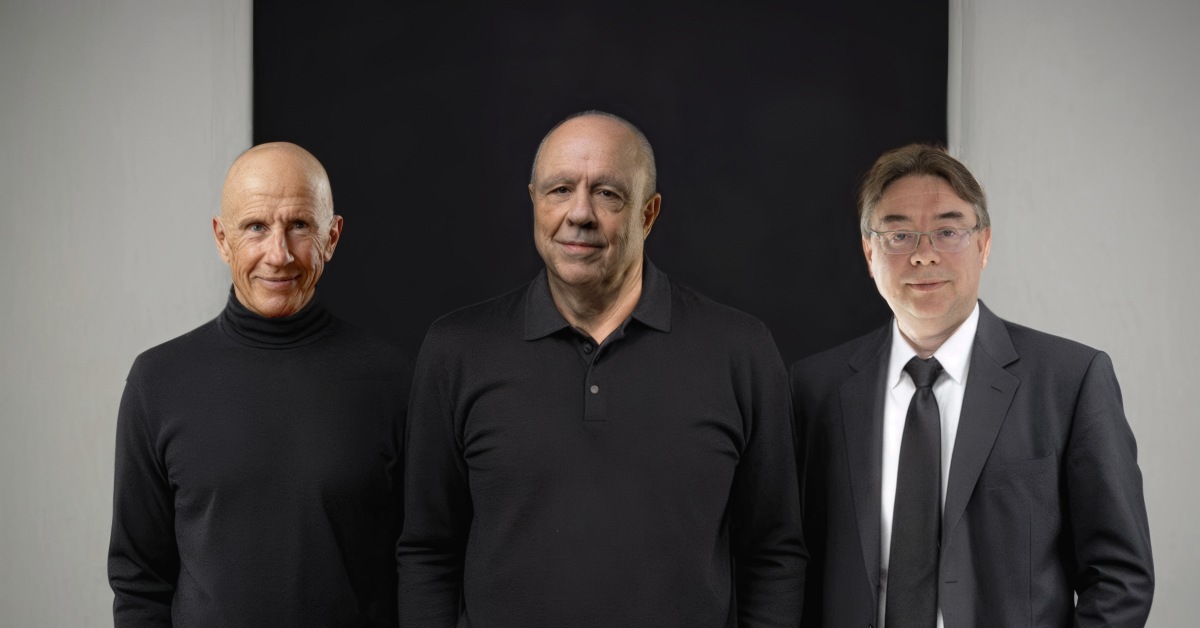

01
From telecom veteran to Dutch Startup Visa success: The Jignesh Dave story